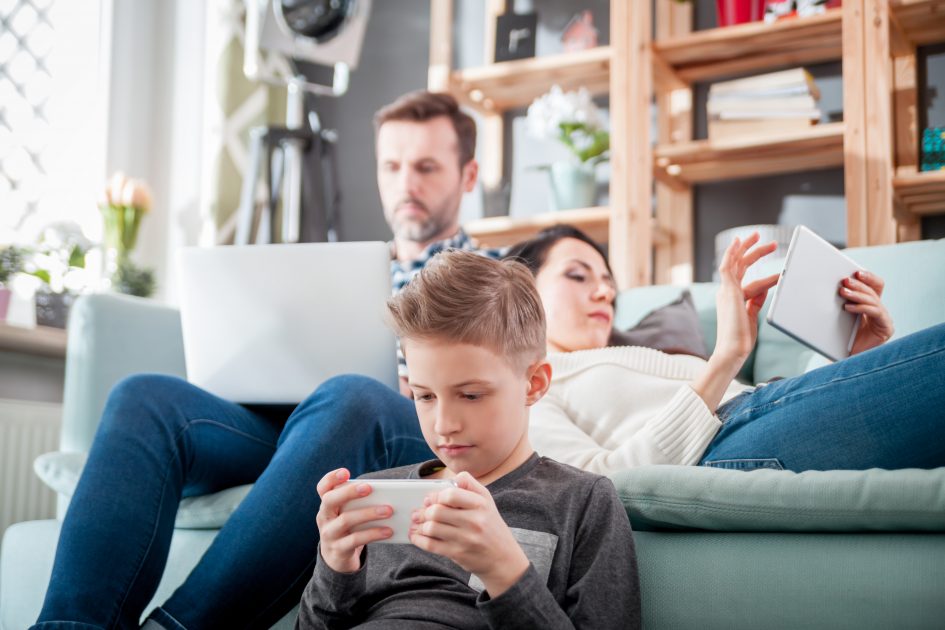Reconnect to Real Life with a Social-Media Cleanse
While being connected is one of the benefits of using social media, being too connected is one of its prominent downfalls. There’s certainly a fine line between staying in touch with loved ones and over-checking the posts of others. When is it time to take a break and how can you “detox” social media? Find out by reading on.
The average person spends one hour and 40 minutes per day on social media. That staggering amount of time stacks up to almost 13 hours per week spent in the digital world.
While platforms like Instagram, Twitter and Facebook can be great for staying in touch, it’s probably time for a social media “detox” when you start to feel bad about your own life, find yourself endlessly scrolling, comparing your life to others, or hoping for more likes and comments on the things you post.
Where to begin? Start by unfollowing or unfriending those who make you unhappy – or as Marie Kondo would suggest – those who do not “spark joy.” If every time you log in and someone you follow or are “friends” with is posting something that stresses you out, remove them from your digital life. Your Instagram, for example, should be a place where you go to seek creative inspiration, share images that make you happy, or follow those whom you love, not feel bad or guilty because you’re not flying around the world on a private jet.
Secondly, set a limit for time spent on social media. Have you ever been at a dinner table where everyone is on their phone? Or when you and your partner are together, do you find you are on your phones rather than connecting? When everyone is hyper-connected to everything 24/7, it can be difficult to maintain a healthy distance from it. But it is imperative to your mental health that you do. A recent study found after surveying young adults who use social media that social media notably increases the incidence of anxiety and depression. In fact, the researchers saw that users who frequently checked their accounts had a more than twice as high risk of depression than their less-social media-oriented peers.
Most phones have settings where you can monitor and limit your own social media access. So, whether that’s 10 minutes or two hours per day, consider limiting your time online by adjusting your settings so you can be present in your real life. An additional option would be to remove the apps from your phone, such as Facebook, and only access the site when you’re on computer.
Thirdly, if you’ve been feeling highly anxious, stressed or depressed, this is a good time to take a social-media detox. Whether you take a week away or delete your accounts altogether, it can only benefit your mental health. Challenge yourself to use that hour and 40 minutes a day to do something you love or get back into a hobby you’ve abandoned or never tried. You might just find that by doing a social-media “detox” you feel better and more connected to real life.
“9 Positive Benefits of a Social Media Detox,” Holly Chavez, lifehack.org, accessed Dec. 5, 2019.
“Is It Time You Went On A Social Media Detox?” Maria Cohut, medicalnewstoday.com, April 13, 2018.

